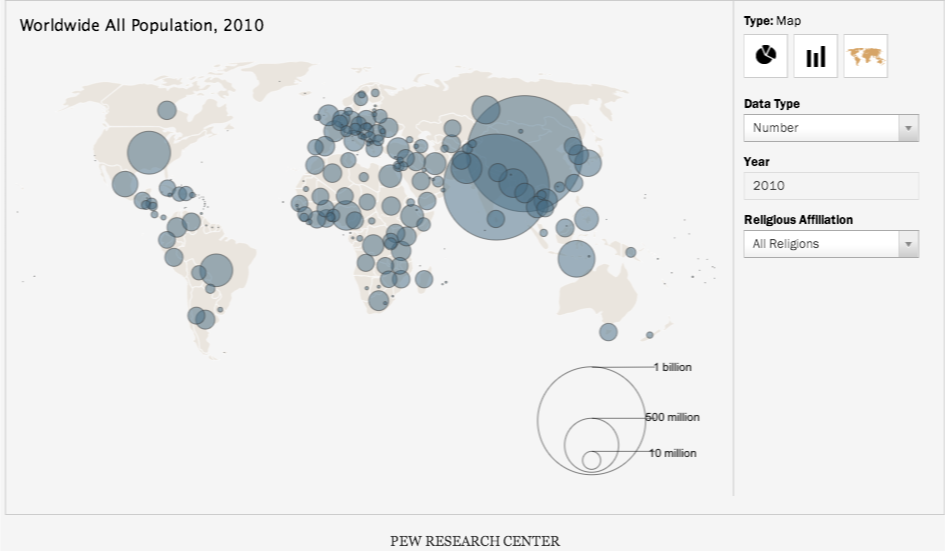THE QUOTE
This quote from London’s The Telegraph was taken from an interview between Dawkins and Daniel Finkelstein, from The Times this week:
“Professor Dawkins said it was now possible to go to a dinner party and assume no one was religious,” wrote Telegraph reporter Alice Philipson.
“I think on the whole we are winning,” Dawkins told The Times, “We are all moving in the same direction. I get the feeling more and more that religion is being left behind.”
THE FACTS
A 2012 worldwide study conducted by Pew Research Center’s Forum on Religion & Public Life found that 84 per cent of the world’s population has faith of some kind, with one third of that number identifying as Christian.
“Worldwide, more than eight in ten people identify with a religious group,” said the report.
Eight in ten people? Since the recommended number for the ‘perfect dinner party’ seems to be between 6-12 people, it’s not good odds to expect you’ll have a dinner party without someone with a religious affiliation. Unless you’re vetting your list.
Just as Christians are often criticised for mixing among themselves, can we not now possibly say the same for Dawkins? If he seems to be able to find dinner parties where no one claims a religious belief, we think he should branch out. Perhaps try a dinner party somewhere in sub-Saharan Africa, where the number of Christians alone has gone from 9 per cent in 1910 to 63 per cent in 2012?
 It’s true that church attendance is in decline in many western countries. The Pew Global Religious Report in 2012 pointed out the “rise of the ‘nones’” in the US, those Americans who do not identify with any religion continues to grow. The number of ‘nones’ now sits at one-fifth of the US population (though the report suggests that 68 per cent of those say they believe in God, just have no particular religious affiliation). And the most recent UK and Australian census say similar things. So, sure, if Dawkins is only having people around for dinner from the west, his statement may, in time, be accurate. But it’s not true today. And it’s certainly not true if he kept more diverse company.
It’s true that church attendance is in decline in many western countries. The Pew Global Religious Report in 2012 pointed out the “rise of the ‘nones’” in the US, those Americans who do not identify with any religion continues to grow. The number of ‘nones’ now sits at one-fifth of the US population (though the report suggests that 68 per cent of those say they believe in God, just have no particular religious affiliation). And the most recent UK and Australian census say similar things. So, sure, if Dawkins is only having people around for dinner from the west, his statement may, in time, be accurate. But it’s not true today. And it’s certainly not true if he kept more diverse company.
Religion in the south is growing, like in sub Saharan Africa. A report from Gordon Conwell Theological Seminar published in June this year said in 1970, 41.3 per cent of Christians were from Africa, Asia or Latin America. In 2020, the figure is expected to be 64.7 per cent. While it’s difficult for researchers to ascertain the number of Christians in China, given the difficulty with China’s policies on religion that discourage Christians from self-identifying in official surveys, Pew estimates there are 67 million Christians in China (5 per cent of the population), and growing.
The Gordon Conwell report predicts religious adherence will reach almost 90 per cent by 2020. “Religious adherence is growing largely due to the continuing resurgence of religion in China,” the report authors observe. They’re predicting that Christianity in China will have risen to 10 per cent of the country’s population by 2020. And that’s just Christianity.
The statistics don’t bode well for a dinner party full of non-religious people, if you’re taking a sample of the whole global population. Perhaps Richard Dawkins should get out more.
Email This Story
Why not send this to a friend?
